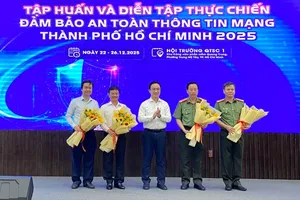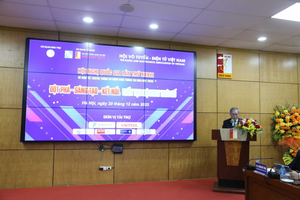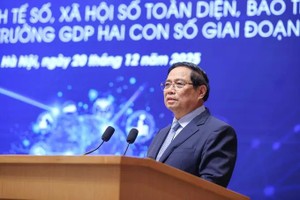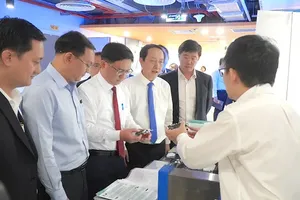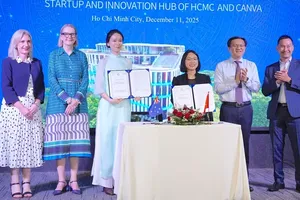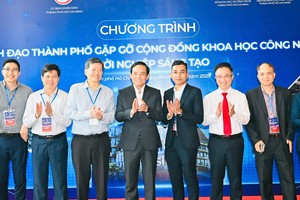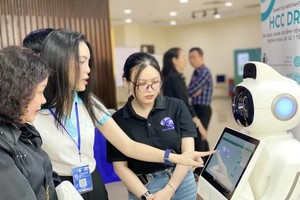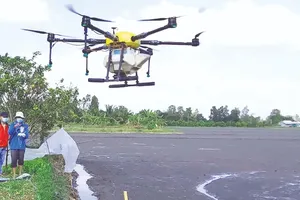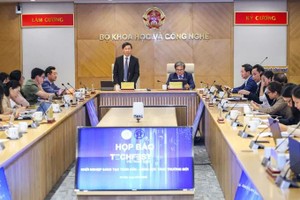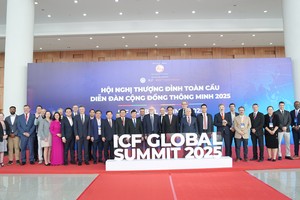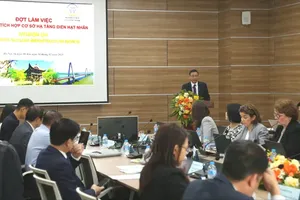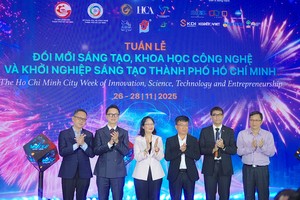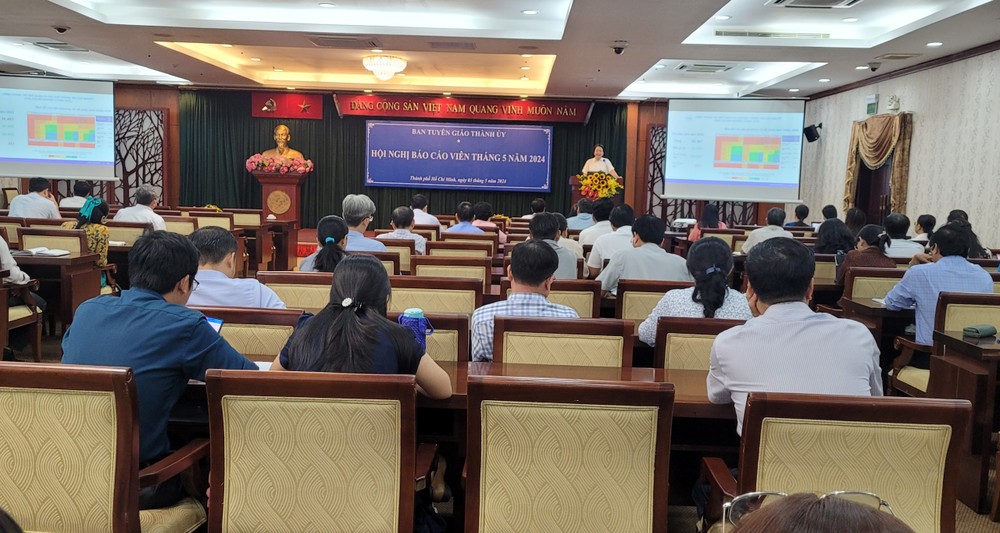
This was heard at a conference held by the Propaganda and Education Board of the HCMC Party Committee. At the conference, Director of Ho Chi Minh City Center for Digital Transformation Vo Thi Trung Trinh talked about the digital transformation program in Ho Chi Minh City until 2025.
Ms. Vo Thi Trung Trinh shared about the orientations and policies for the development of the national and Ho Chi Minh City digital transformation program and some outcomes of task implementation and some key tasks in 2024.
Specifically, the goal of the national digital transformation program is to build a digital government, digital economy, and digital society. According to Ms. Vo Thi Trung Trinh, the Resolution of the 11th Congress of the Ho Chi Minh City Party Committee is to develop culture and society in sync with economic development as a foundation for the city's sustainable development. In particular, the application of 5th generation mobile network (5G) and post-5G telecommunications technology will be promoted and developed in urban management and digital transformation implementation and construction of digital government.
Ho Chi Minh City is determined to carry out comprehensive digital transformation in all fields as well as promote the development of the digital economy, striving for the digital economy to contribute about 25 percent of gross regional domestic product (GRDP) in Ho Chi Minh City by 2025.
According to the Ho Chi Minh City Digital Transformation Program, the southern metropolis is determined that by 2030, it will become a smart city with fundamental and comprehensive innovation in the operations of the digital government apparatus, digital businesses and digital society.
Regarding the results of digital transformation in Ho Chi Minh City, Ho Chi Minh City has currently created a foundation including infrastructure and data. The data portal has provided shared data for state agencies, people and businesses. Ho Chi Minh City is also the first locality in the country to complete the digitization of four types of civil status.
Some targets until 2025
- Regarding digital government: The ratio of dossiers resolved by partial and complete online public services out of the total number of dossiers reaches 50 percent or more. At least 90 percent of people and businesses are satisfied with the handling of administrative procedures. Personal information of people and businesses is digitized and stored at the City Data Center.
- The digital economy will account for 25 percent of GRDP and annual labor productivity will increase at least 7 percent.
- Regarding digital society: The proportion of people and businesses with electronic payment accounts is over 60 percent. Broadband infrastructure covers over 95 percent of households. The city strives for universal broadband coverage of 4G/5G mobile network services and smart mobile phones
Some targets until 2030
- About digital government: 100 percent of all online public services are provided on many different access means, including smartphones as well as full formation of the data platform of a smart city for the development of digital government, digital economy and digital society.
- The digital economy will account for 40 percent of GRDP and annual labor productivity increases at least 9 percent.
- Regarding digital society: The proportion of people and businesses with electronic payment accounts is over 85 percent.
